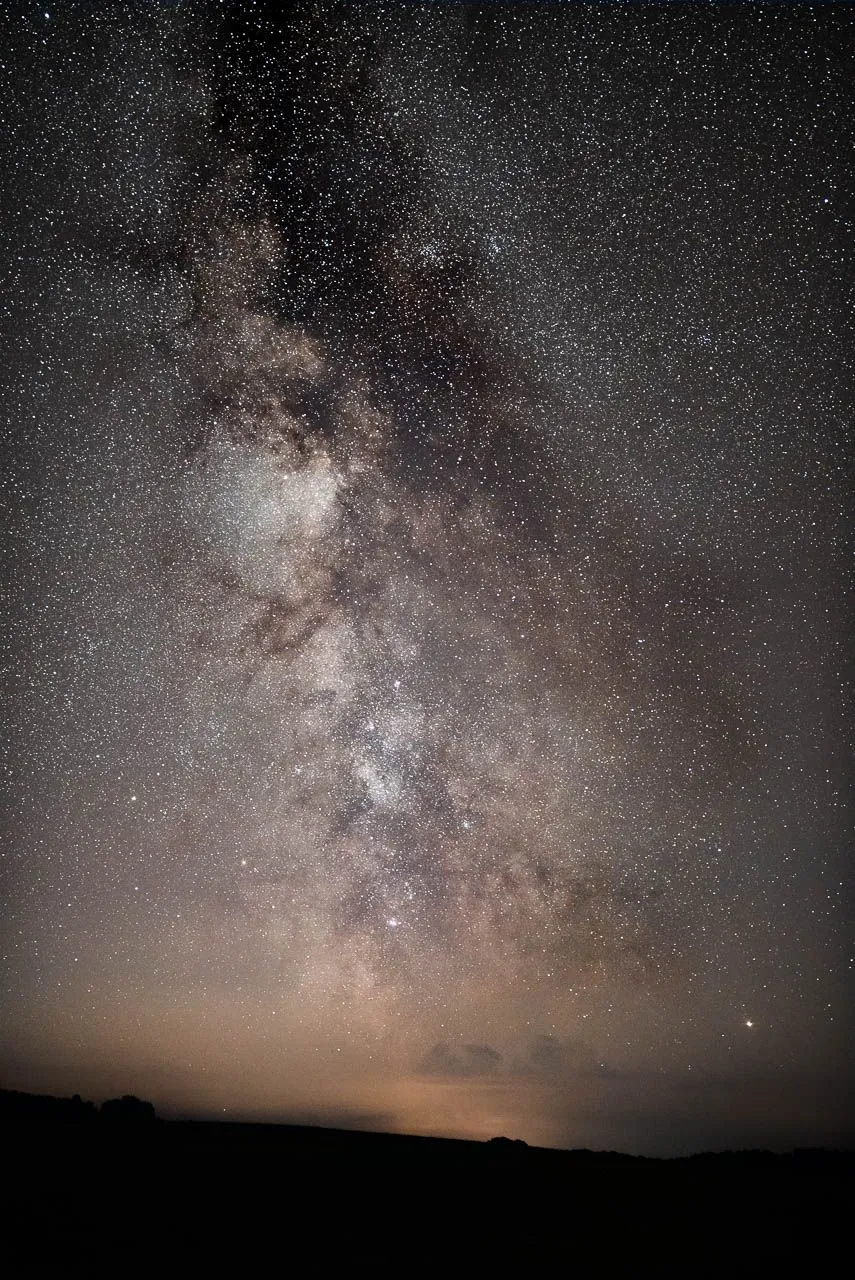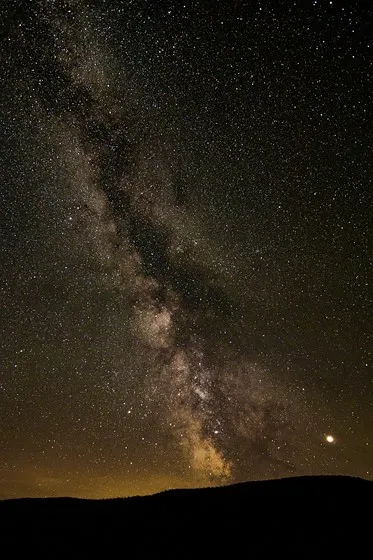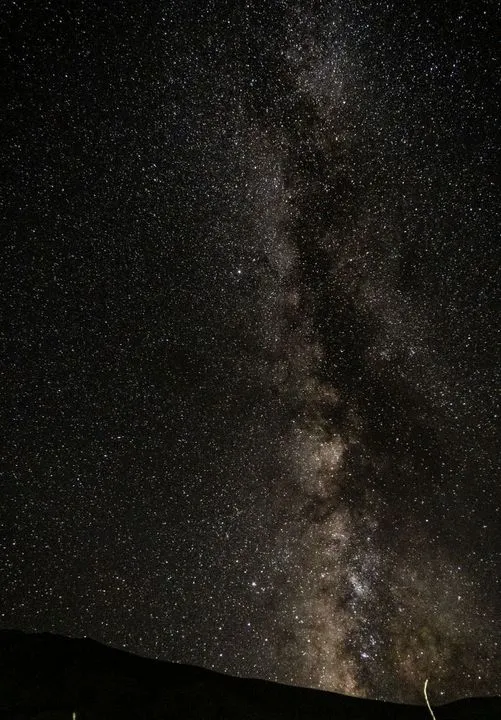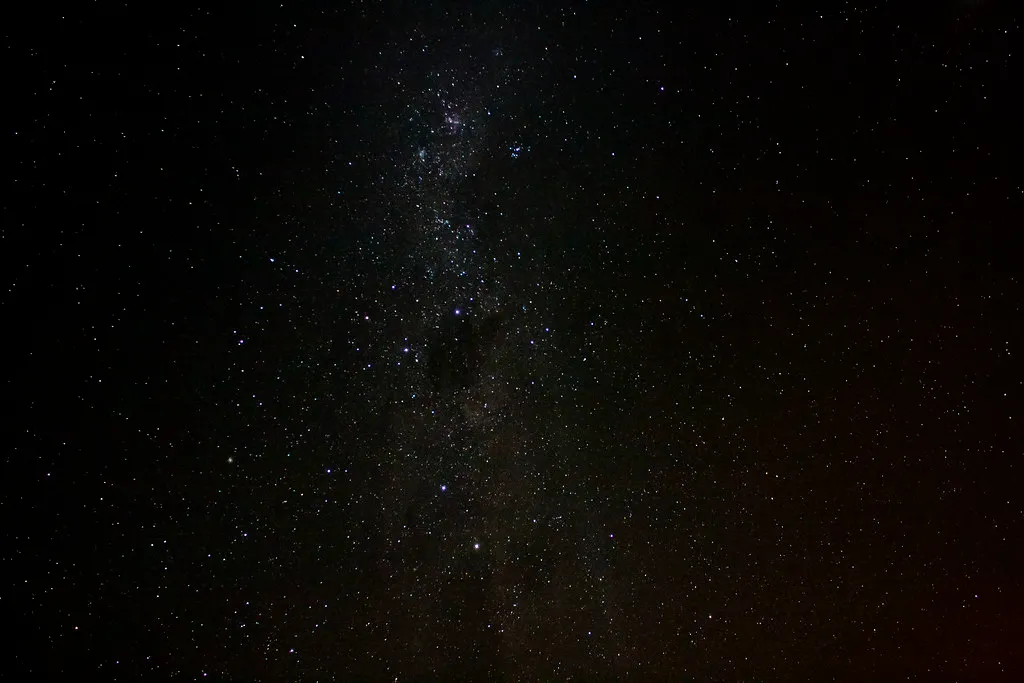Nestled within Afghanistan’s stunning Hindu Kush Mountains, Band-e-Amir National Park offers a breathtaking escape from light pollution. Get ready to immerse yourself in a dazzling tapestry of stars, where the Milky Way shimmers above the park’s famed turquoise lakes and dramatic landscapes. This remote park is a true stargazer’s oasis.
Dark Skies: Stargazing in Band-e-Amir National Park
- Light Pollution: While a formal Bortle Scale rating may not be available, Band-e-Amir enjoys relatively dark skies. The park’s distance from major cities and minimal development contribute to excellent stargazing conditions.
- Best Stargazing Locations: Aim for the lakeshores, especially those away from any immediate lodging lights. Consider elevation – even small hills surrounding the lakes provide a wider view of the celestial dome.
Stars Visible
- Constellations: Look for Northern Hemisphere favorites like Ursa Major (Big Dipper), Cassiopeia, and Orion. Depending on the season, you might catch glimpses of Southern Hemisphere constellations skirting the horizon.
- Planets, Galaxies, & Deep Sky Objects: On a clear night, expect to see planets like Venus and Mars shining brightly. With binoculars, seek out the Andromeda Galaxy or star clusters like the Pleiades.
Terrain Features
- Elevation: The park’s high altitude location (around 3000 meters) aids stargazing by situating you above a significant portion of Earth’s atmosphere.
- Open Landscapes: The Band-e-Amir lakes, surrounded by sweeping valleys and majestic mountains, provide wide, unobstructed views of the sky – a perfect backdrop for celestial exploration.
Local Regulations
- Lighting Ordinances: Adhere to standard national park regulations promoting responsible light usage at night to preserve the pristine environment.
- Camping/Park Rules: If you plan to stay overnight, familiarize yourself with designated camping areas and any park guidelines.
Accessibility: Reaching Band-e-Amir National Park’s Stargazing Sites
- Transportation: Band-e-Amir National Park is accessible by road from major cities. You can opt for private car hire, public transportation, or consider joining organized tours.
- Difficulty: The main lakeshores offer relatively easy stargazing spots. Exploring further might involve short hikes or climbs, so plan accordingly.
Astronomical Facilities
- Observatories: Currently, there are no dedicated observatories within Band-e-Amir. Enjoy the raw beauty of the night sky!
- Stargazing Tours: Local guides or tour operators may offer stargazing experiences within Band-e-Amir. Inquire about their services and if they provide any telescopic viewing.
Local Astronomy Groups
- Amateur Societies: While formal societies may be limited in this area, explore the possibility of connecting with knowledgeable guides or tourism providers who may have astronomical expertise.
- Star Parties: Band-e-Amir is an extraordinary setting for a personal stargazing gathering with a group of enthusiasts.
Safety Tips
- Remote Locations: Although the park is accessible, be mindful of its relative remoteness. Plan your trip well and ensure you have adequate supplies.
- Weather: Mountain weather can change unexpectedly. Check forecasts and always be prepared with warm clothing and rain gear if needed.
- Wildlife: Be mindful of potential wildlife encounters, especially if venturing away from well-lit areas.
Cultural Significance: Band-e-Amir National Park and the Cosmos
- Historical Astronomy: Explore any available information on how local communities have historically viewed the night sky and its celestial bodies.
- Myths and Legends: Seek out local stories and legends connected to the stars and constellations. These can enrich your stargazing experience by weaving in a deeper cultural element.







